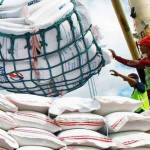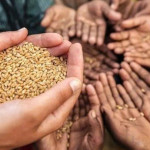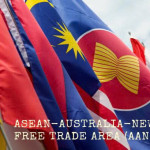Total number of posts 463.
The year 2025 marks the third year of the Regional Comprehensive Economic Partnership (RCEP) Agreement’s implementation. Several RCEP functional committees have recently convened to review and monitor the Agreement’s progress, ensuring compliance with the Joint Committee’s requirement to meet at least once annually.
Structure of RCEP Implementation Bodies
On 8 August 2025, the Third Meeting of the RCEP Committee of Goods was held virtually, attended by representatives from ASEAN Member States, RCEP partners (Australia, New Zealand, the Republic of Korea, Japan, and China), and the RCEP Support Unit (RSU). Discussions covered key implementation matters, including the transition of tariff schedules from HS 2012 to HS 2017 and HS 2022, updates on domestic legal adoption of RCEP tariff schedules, and exchanges on economic and technical cooperation programs to support the implementation of chapters on trade in goods, rules of origin, customs procedures and trade facilitation, SPS, TBT, trade remedies, as well as updates on other implementation issues.
RCEP members countries also held initial discussions on exchanging actual utilization data to monitor RCEP’s uptake—an important task for the Goods Committee in assessing the Agreement’s effectiveness after several years in force.
Earlier, on 31 July 2025, the Fourth Meeting of the RCEP Committee on Sustainable Growth was held to review implementation work in this area. Members provided updates on Chapter 15 (Economic and Technical Cooperation), sharing progress, future plans, and use of available support funds. Updates were also shared on Chapter 14 (Small and Medium-sized Enterprises), covering mechanisms for information and experience sharing, as well as potential cooperation areas such as promoting transparent and effective trade regulations, enhancing market access and participation in global value chains, fostering e-commerce, innovation, and technology adoption, raising awareness of intellectual property, sharing start-up experiences and good management practices, and strengthening SMEs’ competitiveness.
Source: Compiled by the Multilateral Trade Policy Department, Ministry of Industry and Trade of Viet Nam














